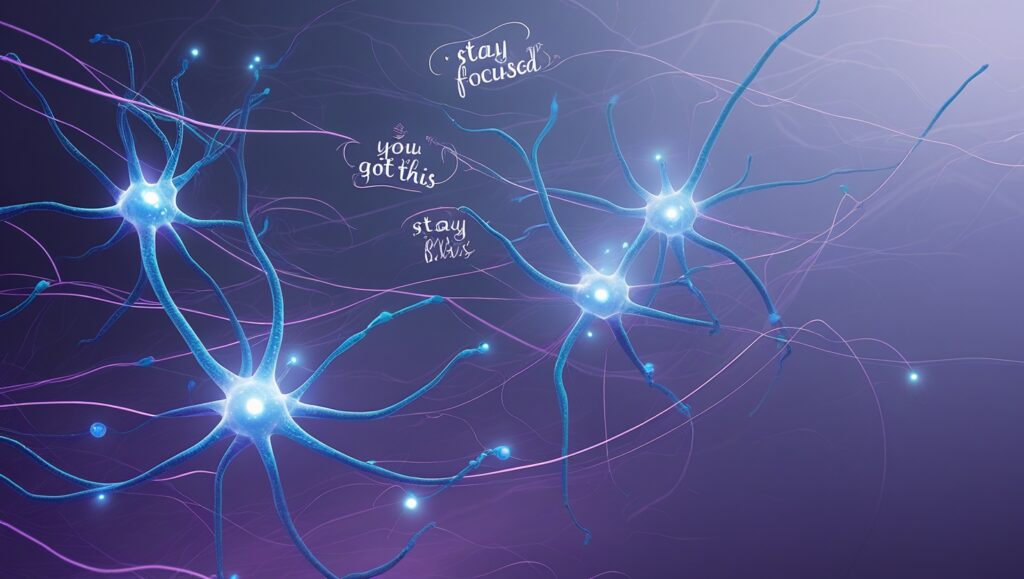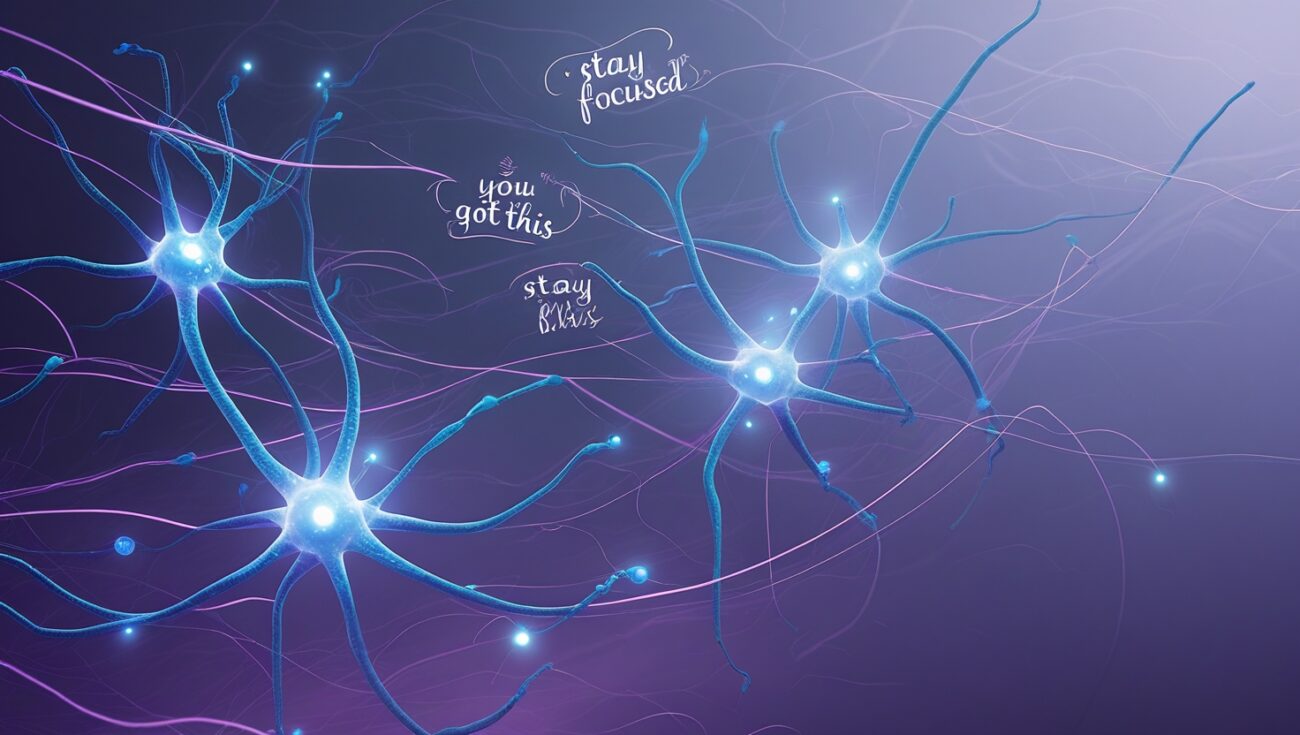How Cellular Dysfunction May Be Behind Your Lack of Motivation
For a long time, I blamed myself for feeling unmotivated. I thought I was lazy. Undisciplined. Maybe even depressed. But deep down, I knew something wasn’t right. I wanted to show up in life—I just couldn’t find the energy to care.
It wasn’t until I learned about cellular dysfunction and how it affects motivation that everything started to make sense.

Table of Contents
I Wasn’t Just Mentally Drained—My Cells Were Failing Me
Most people don’t realize that motivation isn’t purely psychological. Your cells—specifically your mitochondria—are responsible for creating the energy that fuels every thought, every movement, every plan. If they’re weak, so are you.
And no amount of positive thinking can fix that.
What Is Cellular Dysfunction, Really?
At the most basic level, cellular dysfunction happens when your mitochondria (the “power plants” of your cells) stop working efficiently. That means your body isn’t producing enough ATP, the energy currency your brain and body need to function.
Low ATP = low motivation. Period.
I Thought I Needed More Sleep or Better Time Management
I tried all the usual hacks—more sleep, better scheduling, morning routines. Nothing worked long-term. Why? Because those strategies don’t fix the root of the problem. They don’t repair your energy production at the cellular level.
That’s why I started taking this mitochondrial support supplement—and that’s when things finally started to shift.
Real Motivation Starts in Your Cells
When I finally gave my mitochondria what they needed, I didn’t just “feel better.” I felt different. My brain started to clear. My to-do list didn’t overwhelm me. I started doing things without forcing myself. That’s what real, internal energy feels like.
And yes—it’s life-changing.
It Wasn’t My Mindset That Needed Help—It Was My Biology
This was a huge realization. I didn’t have a character flaw. I had an energy deficiency. Once I supported my body with the right nutrients, my natural motivation came back on its own. I didn’t have to push myself anymore—I just started wanting to show up.
Symptoms I Had That Turned Out to Be Cellular
- Constant procrastination
- “Blank mind” syndrome
- Physical tiredness, even after sleeping
- No interest in hobbies I used to love
- Struggling to start tasks, even simple ones
- Feeling disconnected from my goals
If that sounds like you, don’t just blame your brain. It could be your mitochondria.
What Worked for Me (Without Changing My Diet)
I didn’t change my whole life. I just added one capsule each morning that targets cellular repair and energy production without stimulants. It’s gentle, consistent, and within a week, I felt the fog begin to lift.
Here’s the exact one I take daily
It’s Not About Hype—It’s About Function
There’s no sugar. No caffeine. No fake rush. Just key nutrients like PQQ, CoQ10, and NAD+ boosters that help your cells perform like they used to. Think of it like charging your internal battery—permanently, not temporarily.
When Energy Comes Back, So Does Passion
When you fix what’s broken on the inside, everything changes on the outside. I started writing again. Exercising. Planning future goals. Not because I had to—but because I had the energy and desire to actually enjoy them again.
If You’ve Lost Your Spark, Start Here
I know how scary it feels to lose motivation and not know why. But I also know the relief of learning it’s fixable—and not your fault. If you want to get your drive back, start where I did: at the cellular level.
Try the supplement that helped me feel like myself again
It Was Never Just in Your Head
You’re not broken. You’re not lazy. You’re not giving up. You’re depleted. And once you give your cells what they need to function, your natural motivation can come roaring back—no hacks required.
Let your body power your mind again. It starts here.
Motivation Loss Isn’t Always Emotional—It’s Often Biological
We’re taught to push through fatigue. To hustle harder. But what if the root of the issue isn’t mindset, but mitochondrial dysfunction? When your body can’t produce energy efficiently, even the most exciting goals feel like a burden. That’s not laziness—it’s biochemistry.
The Hidden Role of Mitochondria in Your Daily Drive
Your mitochondria are responsible for producing over 90% of your body’s energy. If they’re damaged or underperforming, your brain doesn’t get the fuel it needs. That’s when you experience mental fatigue, mood swings, and motivation loss—often without a clear cause.
Why Coffee and Sugar Make It Worse Long-Term
I used to lean on caffeine and sugar to get through the day. It worked for an hour… until the crash came. That constant cycle actually puts more stress on your cells. What I really needed was a sustainable, natural energy source that didn’t come with a price tag of exhaustion.
My Turnaround Started With One Change
I didn’t do a full health overhaul. I didn’t quit coffee cold turkey. I just started supporting my cellular energy system the right way—with one capsule each morning. Over time, the changes were subtle… but powerful. I had motivation again. Not forced—real.
This is the supplement I started using
How I Noticed It Was Working
The first week, I noticed I wasn’t hitting that afternoon slump. The second week, I felt more alert in the mornings. By the third, I was completing tasks without procrastinating. It was motivation without anxiety. Energy without exhaustion.
You Can’t “Will” Your Way Out of Cellular Fatigue
I tried. I read the productivity books. I set goals. But I always ended up right back where I started—mentally drained and physically sluggish. It wasn’t until I targeted the health of my cells that my efforts finally started to stick.
Why Most Supplements Don’t Work for Motivation
A lot of “energy” supplements are just disguised stimulants. They might give you a jolt, but they don’t repair the energy factories inside your body. That’s why they fail long-term. You need ingredients that work at the mitochondrial level—like PQQ, CoQ10, and B vitamins.
My Brain Stopped Fighting Me
Once my cells had enough energy, my brain stopped feeling like a war zone. I wasn’t battling brain fog or distractions. I could sit down and just do the thing. That’s when I knew this wasn’t just physical—it was a cognitive upgrade too.
I Wish I Had Known This Earlier
If someone had told me years ago that my low motivation was tied to cellular dysfunction, I could have avoided so much shame and confusion. This isn’t talked about enough—but it should be. Because millions of people are walking around depleted and blaming themselves.
Supporting Your Cells Helps More Than Just Energy
Better cellular function also means improved mood, faster recovery, deeper sleep, and even better digestion. These are the things that keep your body and mind aligned—and they all stem from a healthy energy production system deep inside your cells.
I Recommend This to Anyone Feeling “Off”
If you’re feeling stuck, tired, or not like yourself, don’t ignore it. And don’t just treat the surface. Go deeper. Help your mitochondria recover. It could be the key that unlocks your motivation, your clarity, and your energy again.
Here’s what worked for me—and still does
Don’t Wait for Rock Bottom—Start Rebuilding Now
I didn’t realize how far I’d let my energy drop until I started feeling normal again. Don’t wait for burnout. If you’ve lost your spark, your focus, or your drive, it’s time to rebuild from the inside out. Start by supporting your cellular health—and let your body lead the way.


One thought on “How Cellular Dysfunction May Be Behind Your Lack of Motivation”